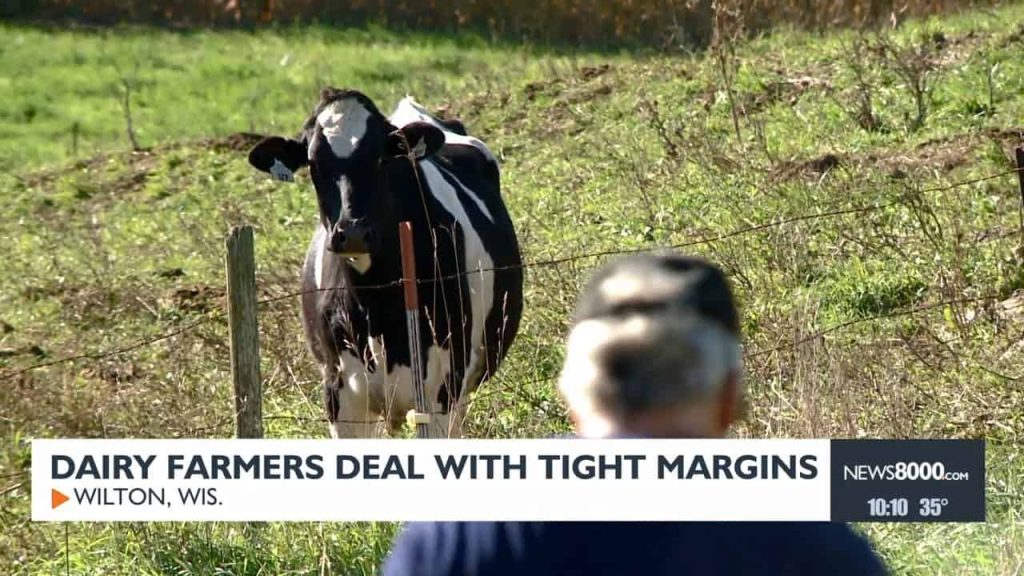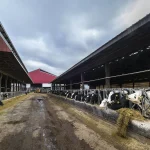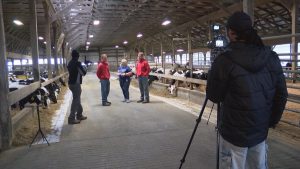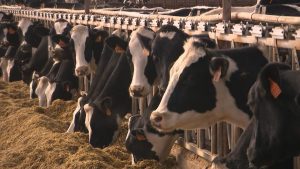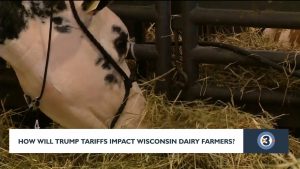
When the price of a gallon of milk goes up at the store, you might think it’s the farmer raising their milk prices. You’d be wrong.
A labor of love.
“I started milking cows when I was 10 years old,” said Wilton dairy farmer Keith Radke.
And a family tradition.
Radke isn’t one to brag. His Wilton farm is relatively on the small side.
“We have about a 20,000-pound herd average,” he said.
“About 1.6 million pounds of milk. Our milk is marketed through Foremost Farms,” he explained.
Foremost is one of the nation’s largest cooperatives, based right in Wisconsin. Foremost signs contracts with major companies. Foremost then pays Keith for his milk and gets it to the companies who sell the finished product.
You’d be wrong.
“We really don’t have that much control. It’s really market driven.”
The U.S. Department of Agriculture prices milk based on what government has in storage and what class of products the milk is used for. Supply and demand then adjusts the trading price on an official merchant exchange.
Getting a good price is sometimes all about timing.
“So, you’re dependent on the contracts your co-op is able to secure?”
“Exactly.”
“And sometimes you get into some contracts that we’ve been appraised of that they wish were shorter in duration because if your market goes up, and you’re stuck at a lower price that the processor contracted for, that comes back to hurt us,” said Radke.
Radke said he’s at the bottom of the food chain, unable to pass on any costs. Major brands can essentially name the price they want to pay, so Foremost deducts money from its deal with Keith to cover things like milk processing and trucking costs.
“As corporations go, they watch the bottom dollar, so they’re going to squeeze as many pennies out of us down here as they can.”
Farmers like Radke have to get creative to stay lean, whether it’s using Craigslist to buy used equipment or leasing land instead of buying.
And for everything out of their control, there’s only one thing to do.
“You have to sit sort of tight. You don’t want to say, ‘Oh tomorrow I’m going to send my milk here,’ and you might not have a market.”
